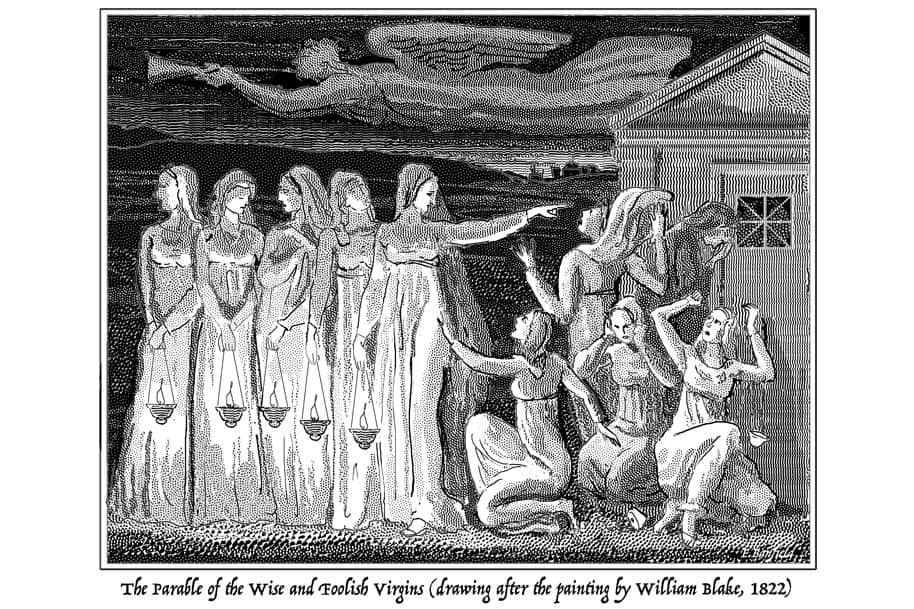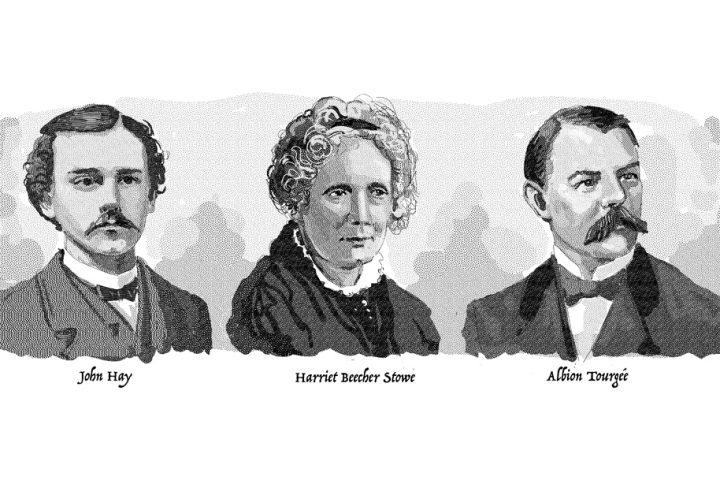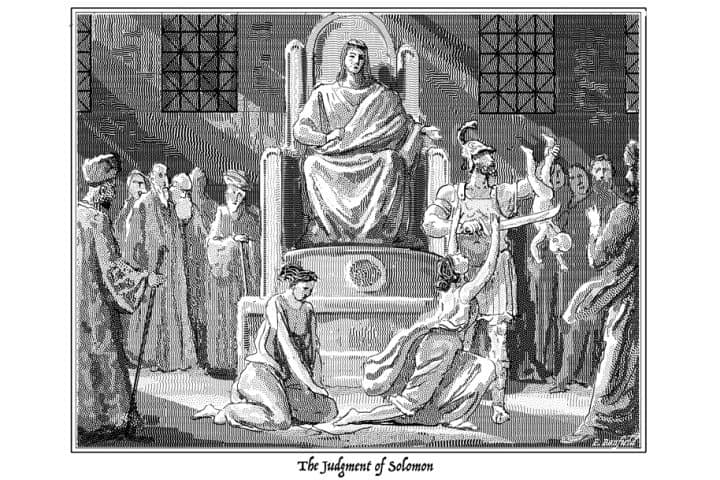Books Reviewed
“How should I live?” In his latest book, Ethics in the Conflicts of Modernity, Alasdair MacIntyre takes up the question Socrates asked. He arrives at the same answer as Socrates—live the good life—in the course of discussing what that concept means for laymen who will never visit, much less teach in, an academic philosophy department.
MacIntyre, now 88 years old and an emeritus professor at Notre Dame, has lived as a maverick philosopher by virtue of supporting rather than attacking traditional views of ethics. Thanks in part to his work, “virtue ethics” is now a respectable field in academic philosophy.
Seventy years ago, when MacIntyre was pursuing his own philosophical education, utilitarianism framed most Anglo/American philosophers’ consideration of ethics. Mac-Intyre’s magnum opus, After Virtue (1981), rejected utilitarianism in favor of Aristotle’s virtue-centered approach. Rather than focusing on whether actions brought about a more pleasurable state of affairs, virtue ethics focuses on ascertaining habits good for a person’s soul. After Virtue was compelling because it provided a rich historical account of why Aristotle’s virtue ethics fell out of favor in the first place.
* * *
After the success of After Virtue, MacIntyre went on to write books appreciating Thomas Aquinas’s contributions to virtue ethics, the biological and animal aspects of human virtues, and the cultivation of intellectual virtues in academia. Ethics in the Conflicts of Modernity may be read as one last attempt, from scratch, to persuade unconvinced academic philosophers to come around to his viewpoint.
As in the works written since After Virtue, MacIntyre’s main concern in his new book is the fact-value distinction. “I have feelings about what would please me and that’s what I value and what motivates me,” is an expression we would expect from someone who hews to this distinction. Therefore, “If I do something good for someone else, it results purely from feelings of pity or benevolence. Otherwise, I pursue my own interests.”
Ethics is all about feelings, in other words. According to MacIntyre, only philosophers could embrace such an odd…philosophy. Ordinary blokes, their minds and spirits uncorrupted by prolonged exposure to academic journals and conferences, are satisfied with their judgments only when they discover good reasons for their actions. It’s obvious to them, as it was to Aristotle, that our desires can be directed toward good or bad objects, and reason has a lot to say about which ones make for a good life.
Modern thinkers, in general, assume some form of the fact-value distinction when discussing ethics. Utilitarians, for example, usually think about minimizing the amount of pain in the world—a fact, as they see it. Princeton bioethicist Peter Singer believes it is right to kill handicapped children under the age of five in order to minimize their future pain, but wrong to cause pain to full-grown dogs or cats. Other professors contend ethics is purely about Kantian duties toward others, which are not mere values but still are based on freedom or will, not human nature: one’s own interest or happiness has no bearing on the question. In particular, liberal political philosophers influenced by John Rawls can in the same breath expel revealed religion from the public square and demand that the government redistribute people’s earnings in the name of justice. Neat trick, that.
These thinkers never give a realistic account of why someone should follow their dictates about Morality with a capital M, in MacIntyre’s terminology. Morality on their terms is simply a feeling someone either has or doesn’t. In MacIntyre’s Aristotelian ethics, specific actions allow a person to develop virtues and flourish as a human being. He is both against Morality and for virtue.
* * *
Ethics in the Conflicts of Modernity focuses on Oscar Wilde, D.H. Lawrence, and especially the British philosopher Bernard Williams. The latter argued in Morality (1972) that Aristotelianism runs up against the “Gauguin Problem,” the tragic conflict of justified desires. Paul Gauguin had to choose between self-fulfillment as an artist, by traveling to Polynesia to paint the natives, or self-fulfillment as a family man, by staying in Copenhagen with his Danish wife and children. MacIntyre points out that Gauguin’s wife had actually asked him to leave before he confronted the choice about going to Polynesia. But to the broader point, the conflict of good desires does not disprove the existence of a final end and common good. Self-fulfillment can take several forms and still meet the basic requirements of the virtuous life. In fact, the necessary virtues and goods must take different forms even in the same person’s life, since at different stages different virtues become more important. Thus, it is especially important for the young to be courageous, and the old to be wise.
MacIntyre discusses at length the need for our judgments to incorporate our stage in life. This “narrative structure” of a life requires reflection on our history of talents, hang-ups, successes, and setbacks. Critics such as Galen Strawson of the University of Texas at Austin have suggested that some people will have no taste or aptitude for considering their life story, and that others will find that the imperative to act will abbreviate reflection to the point of uselessness. MacIntyre’s reply is that reflection on one’s life narrative will not always take place prospectively before every decision, but often in periods of retrospective review. Further, it would be foolish not to reflect on one’s life narrative before making big decisions, such as where to go to college or whom to marry. It is simply imprudent not to do so.
To demonstrate his points on narrative, MacIntyre discusses several individuals, Supreme Court Justice Sandra Day O’Connor among them. He uses O’Connor’s example to criticize “a certain version, a peculiarly American version, of Burkean conservativism.” He deprecates America’s free-market principles throughout the book—little surprise given his unapologetic support for several Marxist ideas. At the end of the day he feels frustration that a “genuine revolutionary tradition” never took hold in America, to borrow a phrase from Louis Hartz.
* * *
American conservatives may, nevertheless, find much to agree with in MacIntyre’s criticisms of Justice O’Connor. He objects to her use of balancing tests to resolve conflicts between government interests and citizens’ rights. The problem with such an approach, both jurisprudentially and ethically, is that with no external standard by which to weigh a given right, balancing is just a way for practitioners to “negotiate their way through life,” as he puts it. One might add that by setting up balancing tests, jurists such as O’Connor take on the roles of lawmakers, violating the constitutional principle of separation of powers. Justice Clarence Thomas put it well in a recent dissent: “The Court should abandon the pretense that anything other than policy preferences underlies its balancing of constitutional rights and interests in any given case.”
Most American conservatives have more in common with Aristotle’s ethical views than with the Marxists MacIntyre admires. MacIntyre does not fully appreciate the possibility that American principles are rooted in the same natural law he himself advances. His latest book, like several of its predecessors, suffers from his failure to accept more friends where he could find them. His many American conservative readers see Alasdair MacIntyre as a friend—and one of the great philosophers of our time, providing wise insights on how we as individuals and communities should live. As Bernard Williams once wrote, that “is not a trivial question.”




